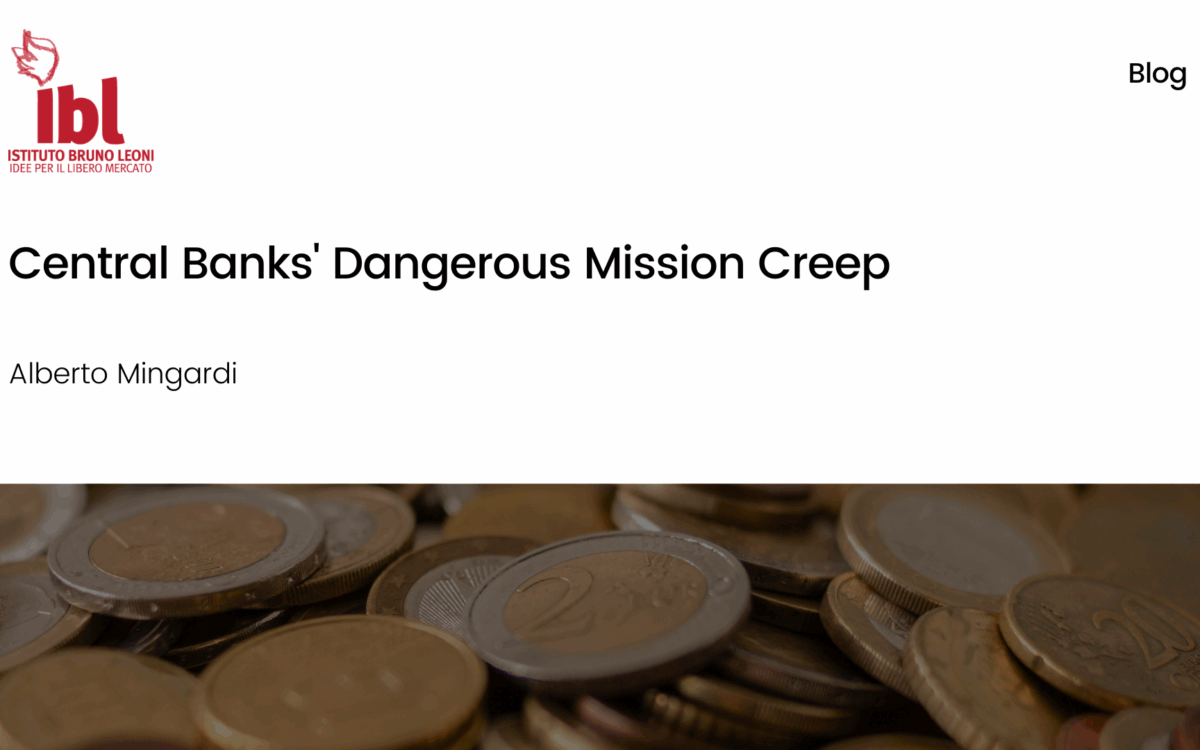The Big European Deposit Insurance Scheme Dilemma

The Big European Deposit Insurance Scheme Dilemma
Algirdas Brochard // 10 August 2017
The European sovereign debt crisis that followed the 2008 financial crisis has pushed Europe to radically reform its financial rules. While some far-reaching reforms have been applied for more than three years, the European Parliament should pass, without any further delay, measures currently under consideration to complete the envisioned framework.
EU countries have deepened their economic integration ever since the launch of the Economic and Monetary Union (EMU) in 1992. The 2008-2011 double crisis have led to the fragmentation of European markets. This diverging path, in turn, has had drastic consequences for countries such as Greece, Ireland, Portugal and Spain and their banks. Indeed, large and increasing public debt (caused, to some extent, by financial sector bailouts and recovery programs) sparked doubts about these government’s ability to repay these debts. Capital flew from the periphery to “core” and interbank lending fell sharply. Because domestic banks had larger exposures to their government’s debt, their position deteriorated thus reducing their ability to fund the real economy. As Europe relies overwhelmingly on banks for its funding, the provision of credit to the real economy in these countries fell, with local SMEs being hit the hardest.
The Banking Union between Eurozone countries was launched in 2012 to rebuild confidence in the financial sector, to break the above-mentioned “doom loop” (the connection between banks and public borrowing) and to reverse the fragmentation of EU financial markets. In short, this project is organised around three pillars: the Single Supervisory Mechanism (SSM), the Single Resolution Mechanism (SRM) and the European Deposit Insurance Scheme (EDIS). The first two pillars have already been applied since November 2014 and January 2016 respectively, whilst the third pillar is currently following the EU legislative process and is awaiting committee decision.
The SSM means that the European Central Bank (ECB) is now the sole supervisor for the Euro area. The ECB supervises directly 125 banks that are deemed “significant” – equivalent to 82% of the Eurozone’s banking assets. For the remaining 3,500 banks, the ECB sets and monitors the supervisory standards and works closely with national regulators.
The SRM is complementary to the Bank Recovery and Resolution Directive (BRRD) (two measures to complete the BRRD are currently awaiting committee decision in the European Parliament) and creates a uniform institutional framework for its application. The SRM and the BRRD give tools to make sure a failing bank can be resolved quickly, in the same manner across the EU and with minimal risks to financial stability. A credible fiscal backstop to the Single Resolution Fund to avoid costs for taxpayers was agreed by the Member States in 2013 and again in 2015 but still needs to be completed.
The third pillar of the Banking Union is the European Deposit Insurance Scheme (EDIS) and is currently awaiting committee decision in the European Parliament. This proposal calls for a better and more uniformed protection of savings in deposit accounts across the euro area. The fund would be managed by the Single Resolution Board and funded directly by banks. As such, this measure would advance the objectives of the Banking Union by decoupling the activities of sound banks from their home country’s economic situation and by making EU’s citizens’ deposits much less dependent on their geographical location.
Even if supported by the European Commission, the ECB and the IMF, this proposal is – however – more controversial. Currently, Germany and other northern EU countries such as the Netherlands oppose it as they are worried that they may disproportionately pay to rescue depositors in other countries.
In fact, Germany has supported both the SSM and the SRM but is opposed to the EDIS not only for economic reasons but also for political ones: accepting the EDIS would mean accepting further risk-sharing amongst Eurozone members for a country which already has a strong Deposit Insurance Scheme. The Bundesbank has clearly outlined its opposition, fearing that this scheme would make Germany liable for other countries’ sovereign debt were these Eurozone members to default. Even so, in an open letter criticizing the scheme, Ludger Schuknecht, the chief economist of the German Federal Ministry of Finance, conceded that an EDIS would mean that “central banks would not have to jump in with emergency liquidity assistance quite as quickly” as they have in the recent past, thus imposing more discipline on bank creditors and policy makers.
By completing the first two pillars of the Banking Union and by pushing for the completion of the BRRD, the EU has already addressed many conditions imposed by the Bundesbank prior to the adoption of the EDIS. Indeed, these measures have reinforced banks’ position and provided tools for a swifter resolution when problems arise, thus reducing the likelihood that the EBIS will need to be used. If Germany wants to strengthen the Eurozone whilst preserving its integrity, it should accept the scheme. By contrast, current possible alternatives options, like the “mandatory lending plan” proposed by the Dutch government in May 2016, might ultimately derail the whole Banking Union project.
EPICENTER publications and contributions from our member think tanks are designed to promote the discussion of economic issues and the role of markets in solving economic and social problems. As with all EPICENTER publications, the views expressed here are those of the author and not EPICENTER or its member think tanks (which have no corporate view).



